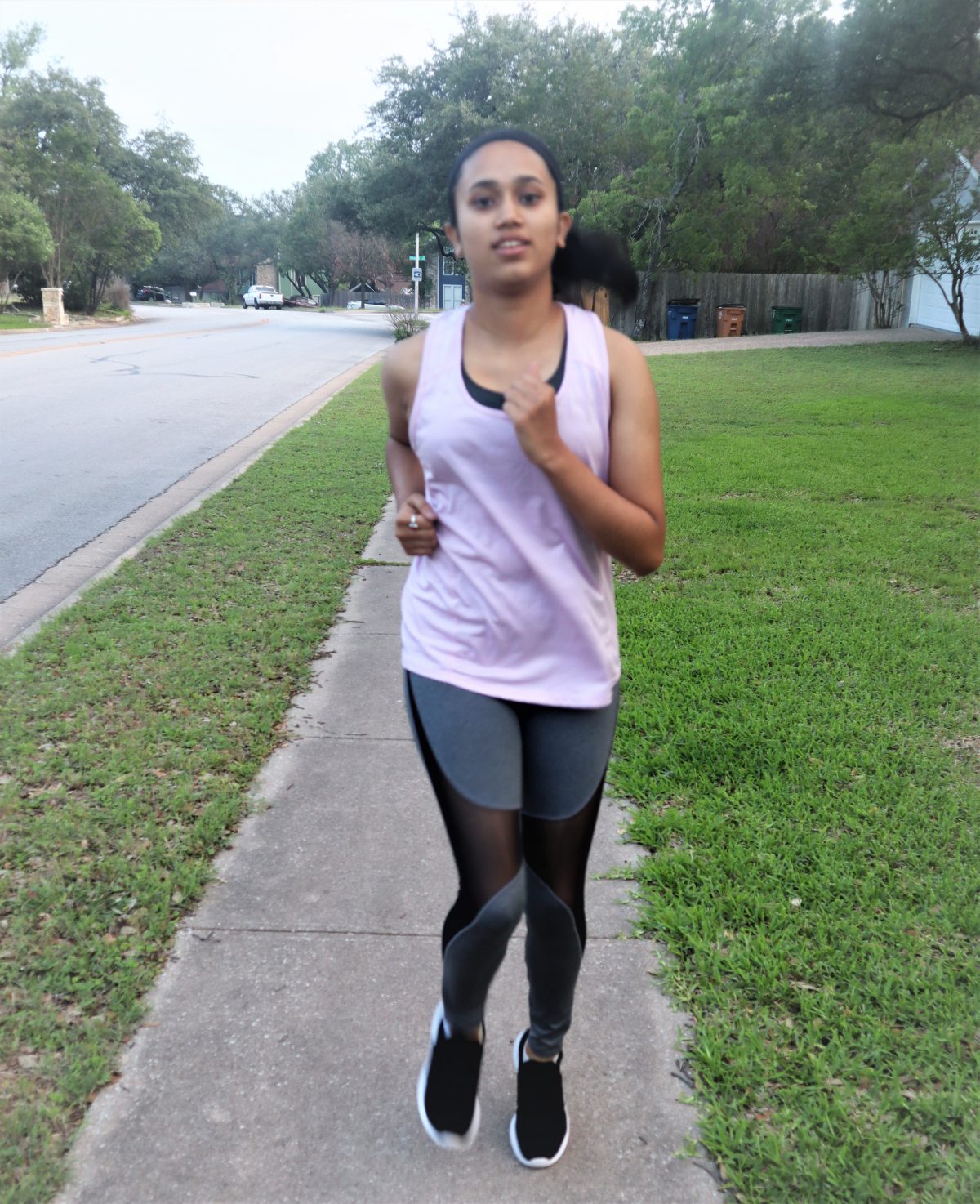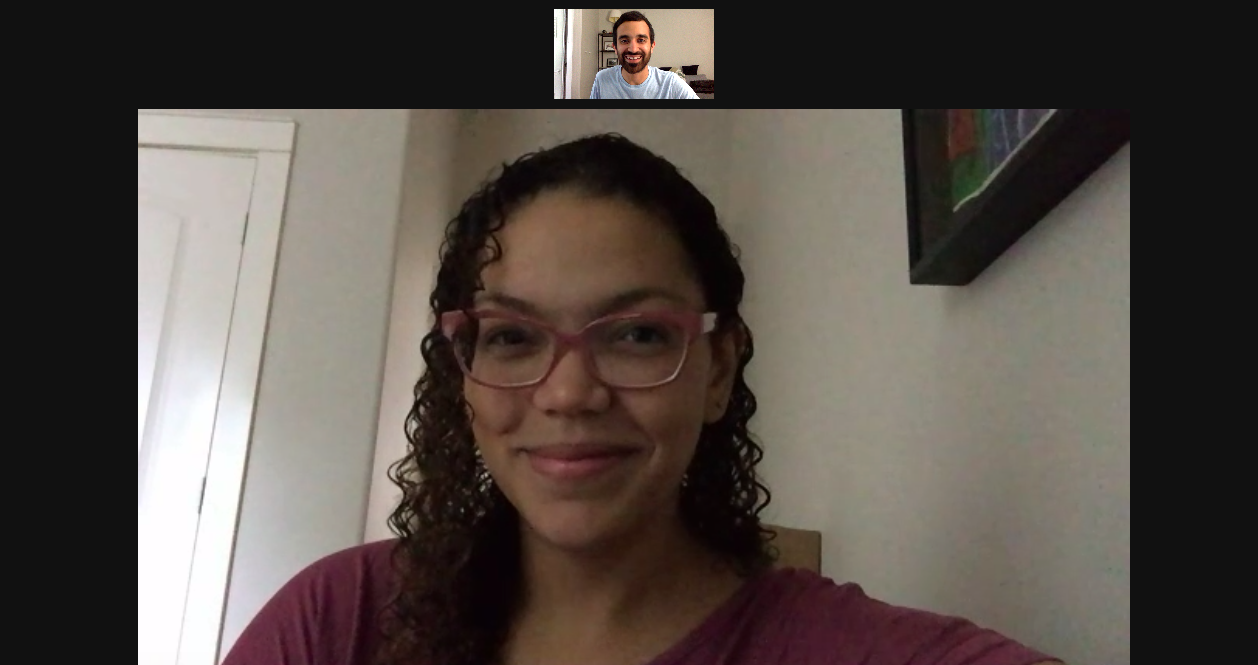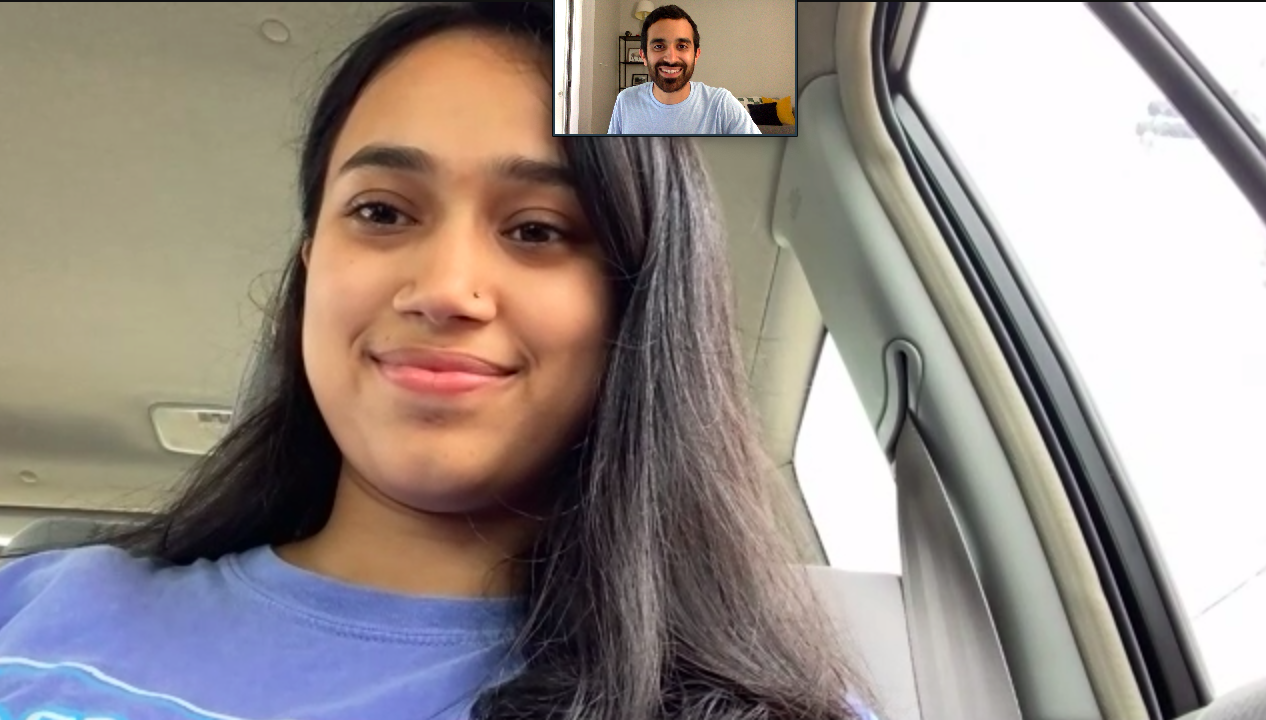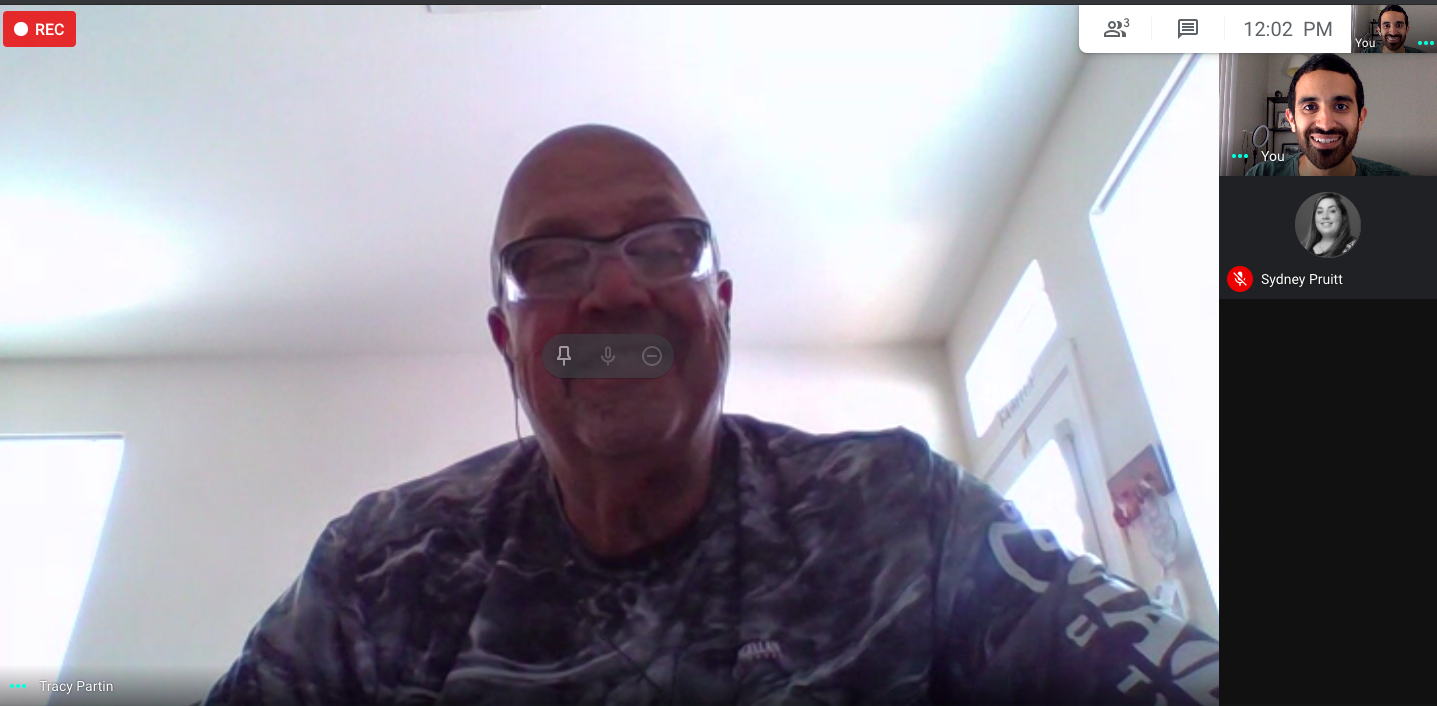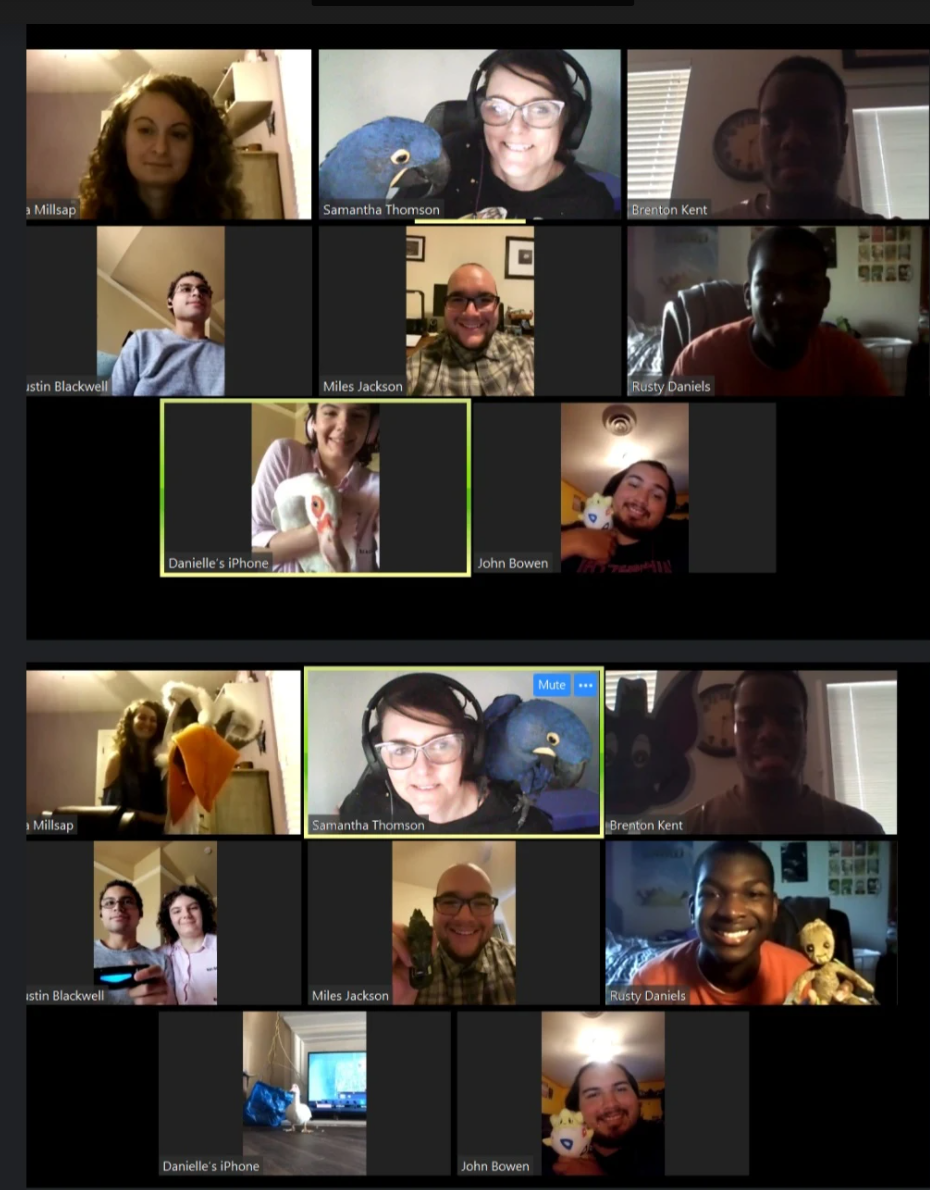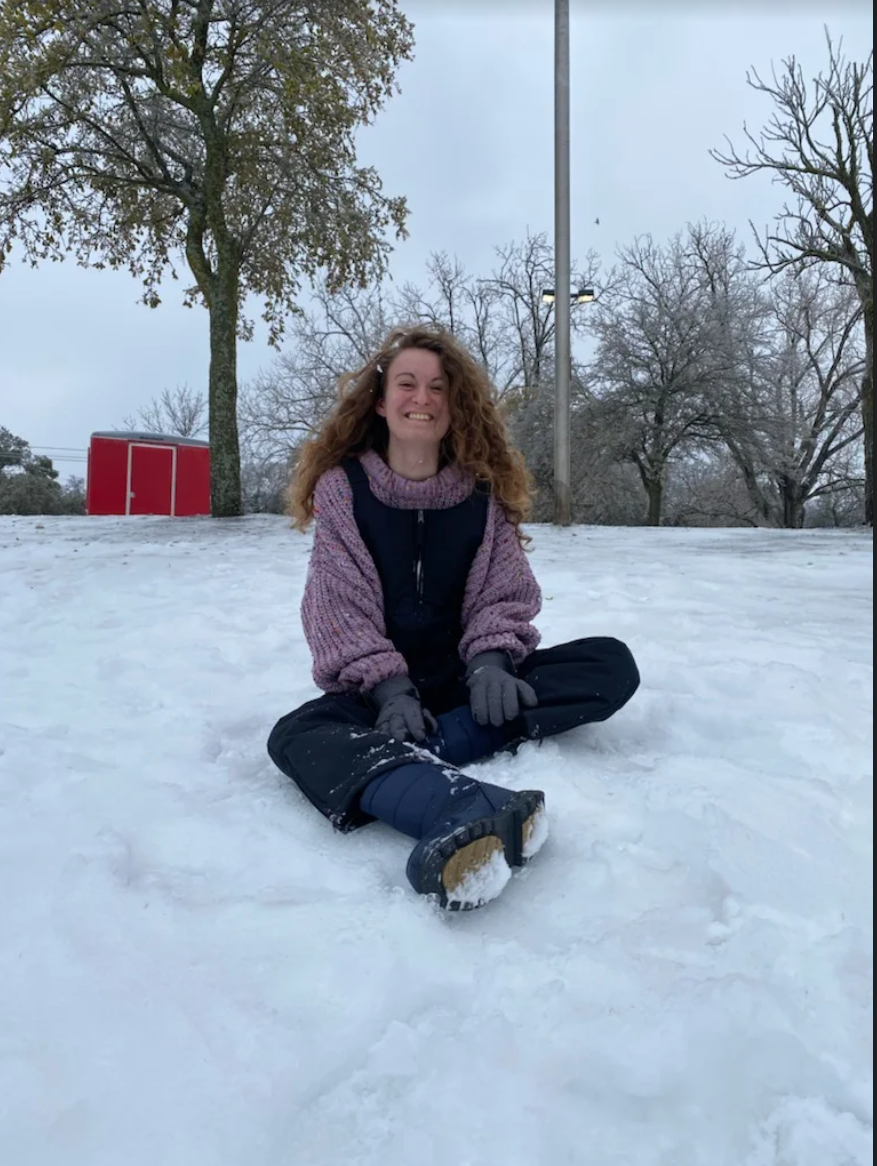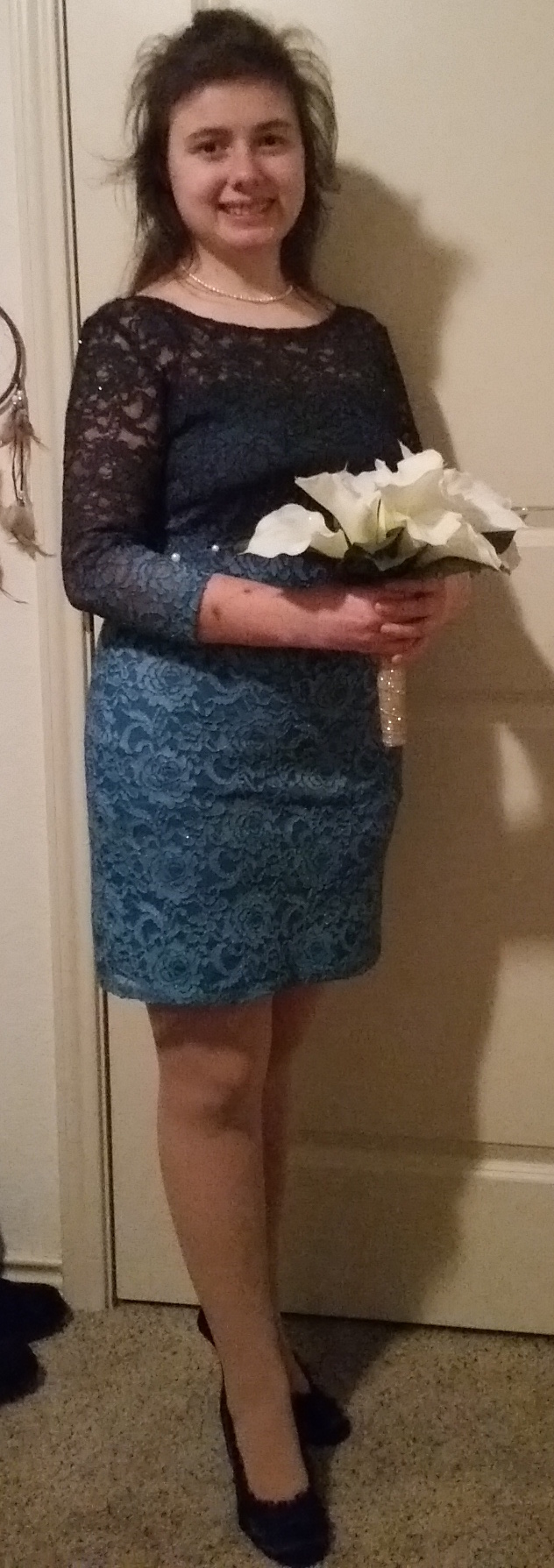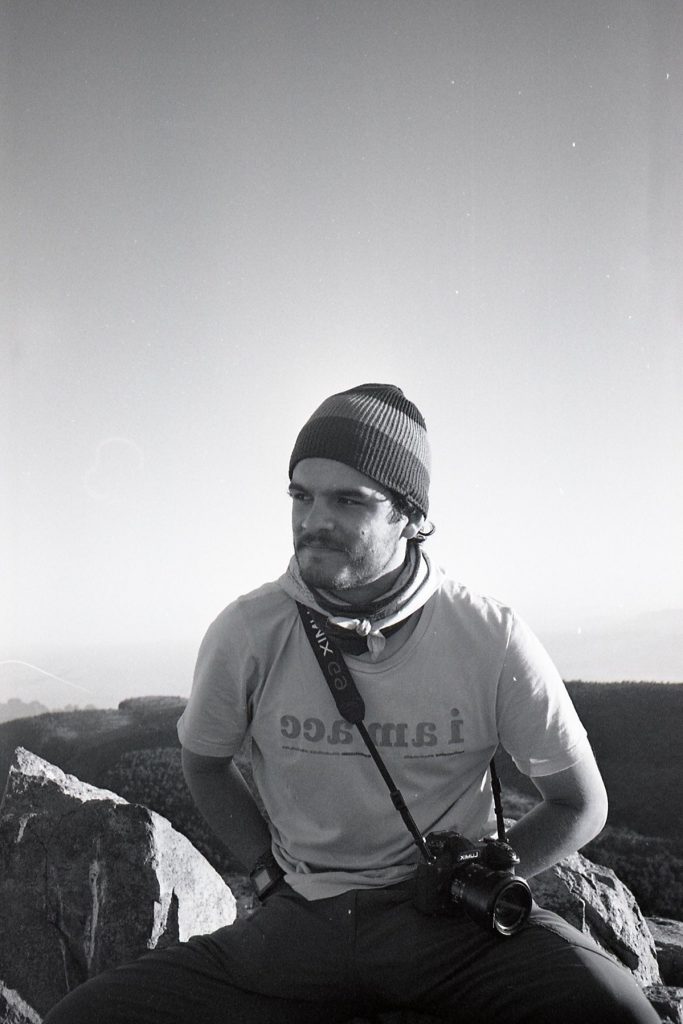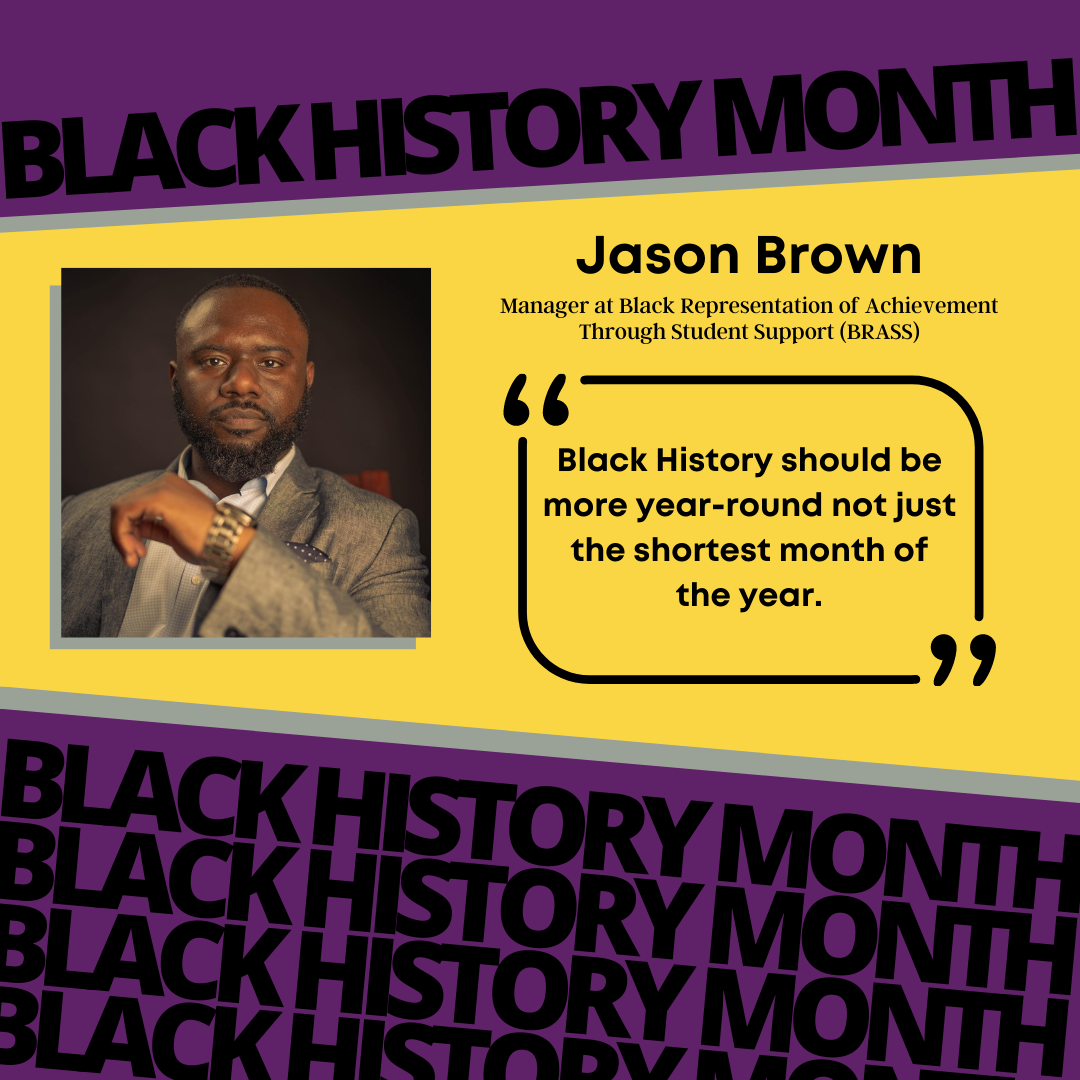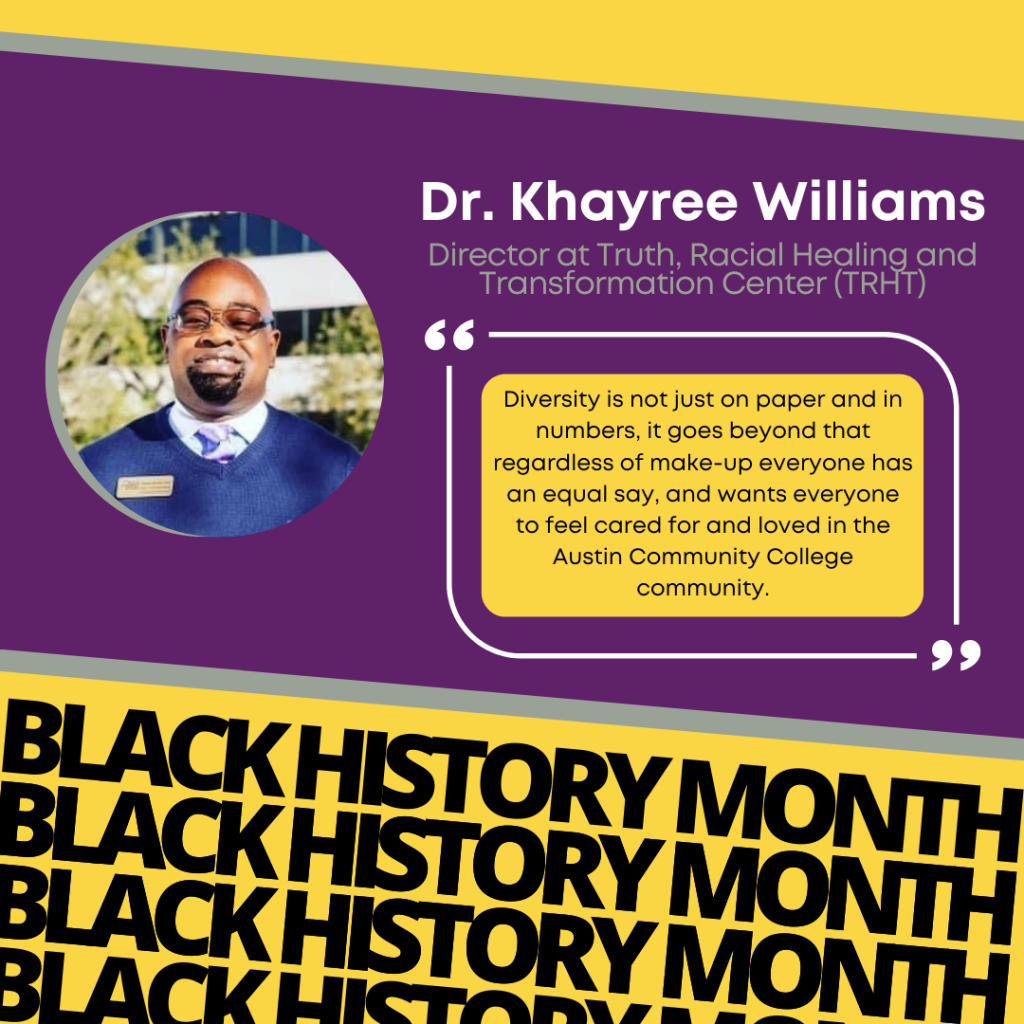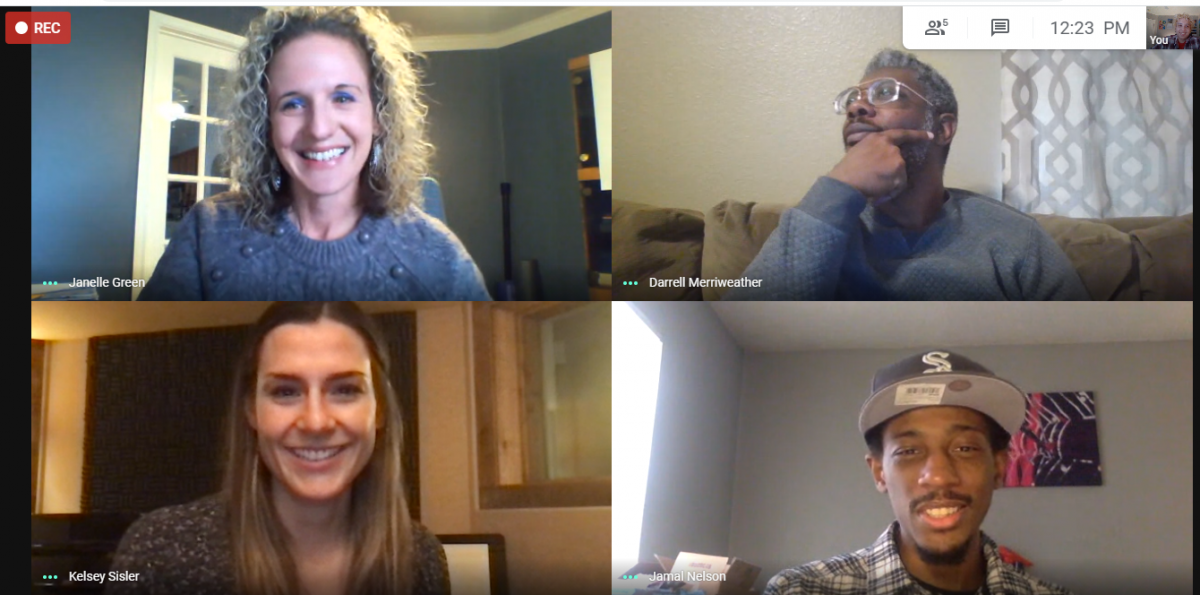By: Angela Murillo Martinez
It is no surprise that nobody’s life is the same as it was before the pandemic occurred. Whether a student or a professor, or working at an office, or at a store, life has changed. As the number of cases in Travis and Williamson County continues to rise, life will continue to be different and will never be the same. Many have had to embrace change as they’ve had to continue working or even going to school, and as time continues it becomes more of a new reality. New routines are being built and embraced openly as there is no other option, but to continue in the midst of a pandemic.
According to the CDC, as of July 25th, the total number of cases in the whole United States is 4,099,310. A major spike in cases occurred as many states allowed public spaces to re-open such as stores, amusement parks, churches, workplaces, and many more. In the state of Texas, it is reported that there are 369,826 cases. Although the number of cases continues to rise in the state, public spaces in the state continue to remain open. In Williamson County alone, so far 5,145 cases have been reported in one day, and in Travis County, 18,939 cases have been reported.
It is important to remember to follow safety procedures to avoid furthering the spread of COVID-19 and to make sure that everyone remains healthy and safe. If one finds themselves going out, don’t forget to bring a face covering. As of the third of July, all Texans are required to wear face masks in public spaces. Failure to comply with such orders may result in a warning at first and in further violations, one can be fined up to $250. Additionally, it is important to respect the space of others and maintain a six feet distance when out in public. The Texas Health and Human Services also recommends washing one’s hands often with soap and water for 20 seconds and also mentions avoiding touching one’s face with unwashed hands. Amongst other actions shared on their website to prevent the spread of COVID-19, an important one is too often disinfected surfaces that are often touched by others.
With this being said, people have to keep working, students have to continue going to school, and in general, life has to continue. The only difference now is exactly how life is being continued by people. For Stephanie Murillo, a student studying criminal justice and obtaining her paralegal certification, she has had to not only adjust to a new job but also adjust to working from home and taking online classes. It had been only two weeks at her new job as a court clerk when her office was closed and she had to start working remotely. Now it’s been five months and she’s had to learn everything through zoom calls and emails, while also managing her online classes. She admits that it has been hard having to manage to work at home and taking online classes, especially since her hours at work have extended. No longer being able to follow the usual seven to five schedule she had been following before the pandemic. “Before I was able to leave work at five and it would stay there, and I would be able to come home or go to school.
But now I just feel like I work extra hours because my office is my room.” On top of that, she admits that taking her classes online has required more time and commitment. To her, it seems that her days have only gotten longer and the workload has become heavier.
Furthermore, she has felt it was a difficult transition to have to learn everything she needed to know remotely and to also learn how to manage all the technology necessary to continue. “I was in the process of learning my new position but then when the pandemic started, I had to be trained in something that was new to my co-workers, which was working remotely from home.” Despite the difficulties and challenges she has had to face, she has grown to like working from home and admits that she will find it difficult to return to the office. Although she’s been told that they will return to the office since June, so far the official date is still uncertain and continues to change as the situation escalates. They have planned to return to the office on August 17th, though this isn’t a set date. So for now, she continues to work remotely and learn as much as she can while being physically apart from her co-workers.
For other students such as Kylie Birchfield, a talented photographer studying photography, she’s had more time to focus on her passion. Though she did find the last couple of months left in the Spring semester difficult as a result of transitioning to online classes, she has found herself with more free time on her hands as a result of the pandemic. Not only has she been able to work more on her own personal photography projects, but she’s also been able to get an internship with Austin Woman Magazine. “I know not a lot of people have gotten good things out of this, but for me, I’ve had a lot of good things come out of it.” In her internship with the magazine, she has been able to do a feature with them on COVID-19 where she photographed three women who find themselves on the front lines of the fight against the pandemic.
She has found that as more people spend more time on social media, the more people she has finding her page and lining up to work with her. Although now, there are certain safety procedures she follows to avoid furthering the spread of COVID-19 such as maintaining a distance and wearing a mask when working with others. As the previously mentioned guidelines are more implement into one’s new daily routine, she often has to remind herself of bringing her masks and maintaining a distance at photoshoots.
“Sometimes I have to rethink what I’m doing in photoshoots. I can’t get up close, can’t move their hair, I have to ask them to move their hair around.”
With this being said, she continues to find herself with more opportunities and considers this a “kickstart” for her career. Despite losing her job as a result of the pandemic, she finds herself blessed to have the free time she has now and has been using it to do what she loves.
Others like Mary Monk, a student studying Government, no longer finds herself having to commute to her classes. Hence, saving her time that she would spend taking the bus and traveling from class to class. While she did find it hard to transition to online classes at the end of the Spring semester, she realized that in most of her classes they were easy to finish without meeting in person. As a result of the pandemic, she has found it hard to find an internship or a
job.
“Your Freshman summer is supposed to be the time where you get internships and jobs, and it’s so hard because I applied to so many internships and they’ve just been like ‘oh, we have to see because of COVID’… So it’s been really difficult in that regard,” said Monk
Although Monk was used to her friends going to different schools and living far, resulting in not being able to see each other often. She now finds herself talking more consistently with them through text and video calls.
“With family, at first, I think we were all on the same page, but as time goes on, and people are in their homes for longer, our family gets a little divisive on what we should be doing, and what caution we should be taking,” said Monk
But as far as her immediate family, she finds herself at home with them safely and spending more time together as they are unable to go out. As she continues to take online classes, she sees this as an opportunity to further her studies.
“I feel like I can take on more than I probably thought I could if I had to do them all in person because with actually going to school, physically, you have to take into account how long it’s going to take you to go from one building to another.”
Now, Monk takes her classes online, her room becomes her classroom and she no longer has to leave it to attend class. She plans that if the pandemic continues on for longer, which she thinks it will, she will most definitely take more classes and hopes to find an internship that can begin to prepare her for her career.
Despite being unable to meet on campus or be physical together, organizations are still continuing to meet through video calls. One of those organizations being the German club, which has met every three weeks during the summer. Although there are certain things that have changed and other things that they are no longer able to do since moving to video calls, the club hasn’t changed that much. “We do the same things, we just do them differently. We used to play board games, and we obviously don’t do that anymore, but we played hangman at a bunch of the meetings I remember going to, and we still play hangman online,” said the club president Lauren Sanders.
Though their group has gotten smaller since they transitioned to video calls, they have built a small, defined group who all meet together and converse in both German and English. They do admit that it has been harder to get people involved since they are no longer able to put posters around the Highland campus or have people show up after German class, but still, they continue to meet and encourage that all those interested in German no matter the level of expertise, to join them.
Since the pandemic started, the club never planned on stopping and quickly continued moving forward.
“I thought the club was going to end, seeing how things were going, only a few of us were left. But when they were saying, we have to decide who’s going to be the president, treasurer, and secretary, ‘I was like ok, we’re still doing this. I’m in’ and I mean it’s something to do when I’m at the house quarantining all day,” said Emiliano Antunano.
This same resilience has kept them going through the pandemic and continues to push them despite having to continue meeting online in the upcoming fall semester. The club which consists of German speakers of all levels has a supportive and welcoming community, where they are all helping each other improve their German, but also keep each other company in the midst of the pandemic. In the words of a club
member,
“I hope to go to the in-person meeting when all this ends since I haven’t been able to go to those since I joined after all this happened,” said Marshall Brown.
While life had seemed to pause at the beginning of the pandemic, people were unable to continue like this forever, and life has had to continue. As people begin to return to work at their offices or at stores or begin to go out again or return to campus, it doesn’t mean that the pandemic has completely gone away. If anything, the number of cases continues to rise, and therefore, everyone should continue to be careful to protect not only their health but the health of others. Everyone is having to face a new reality and is experiencing new routines, so no one is alone in this situation. Although life continues with uncertainty, if everyone works together and follows the necessary precautions, soon we’ll be able to all be together again on campus.
For this and more stories like this


